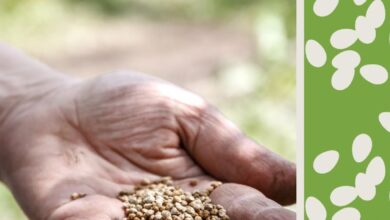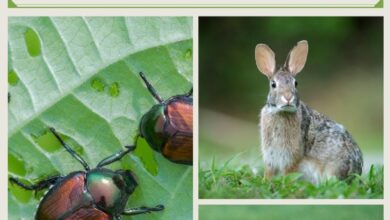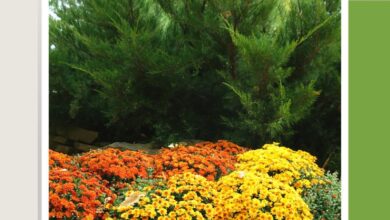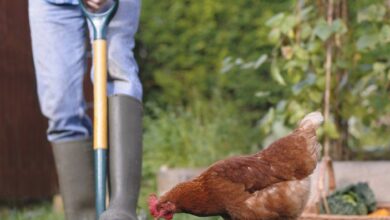Dr. Martin Luther King Junior Early College Garden
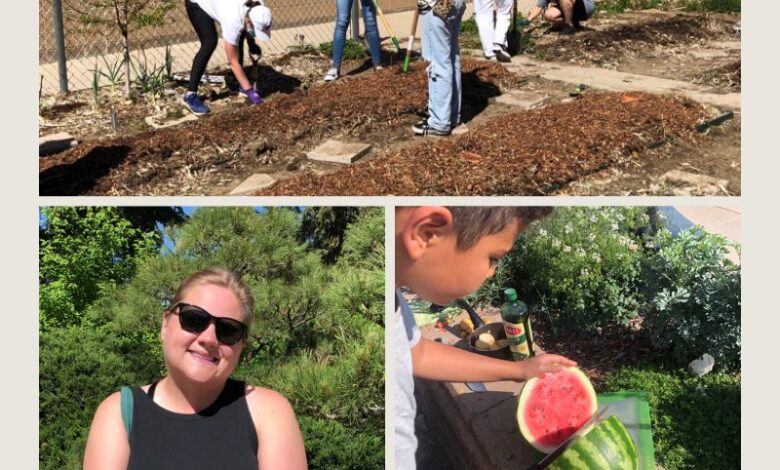
Ten years ago, members of the Dr. Martin Luther King, Jr. Early College student council wrote for a grant from the Chipotle Cultivate Foundation requesting funds to build a school garden. These incredible kids researched cost efficient methods, designed layout and proceeded to plant the school’s first original garden.
Fast forward a decade, when COVID had us confined to our homes, social studies teacher and instructional coach, Lindsay Kartchner was feeling cramped in her living space. She found that working in the school garden provided a welcome and safe haven for her, and an escape from the confines of her apartment. During lockdown and at the height of the pandemic Lindsey helped students re-ground, and supported them as they worked through COVID-related mental health issues. When students returned to class, she formed a gardening club and drew students back into gardening activities. Lindsay encouraged them to take charge of their garden once again. Others joined her efforts, including a long term substitute teacher. When the school was fully reopened, homeroom teachers involved their students in gardening time.
Early College Garden
For those of us unfamiliar with the concept, early colleges are small schools that blend high school and college into a coherent educational program. Students can earn college credits while earning their high school diplomas. Starting at 6th grade, the program aims to ensure that all students are ready for college level courses.
Gardening Know How was happy to assist Lindsay in improving the early college garden’s watering system and providing educational materials to the school community about sustainable growing practices.
This is a substantial garden with eight beds. Students and volunteers are growing a little of everything, including vegetables, herbs, flowers and fruit trees. Along with a peach and three apple trees, they now plant a fruit tree in honor of each graduating class.
Part of the food harvested from the garden is used in conjunction with the school’s cooking club. Kids learn how to cook with fresh food and can take home what they’ve created. Extra produce is available to the staff.
Everyone participates in the weeding and working of the garden in some capacity. Getting outside and enjoying the sunshine and re grounding in nature his most important. The school incorporates art into the garden when they can — creating walkway stones and providing paint for decorating and painting.
Everything about this garden is organic. They use a lot of mulch and natural remedies when needed, but there aren’t a lot of pests. They’re water comes from the school district. Some indigenous strategies were brought in involving clay pots that are buried in the ground called ollas. This is a popular practice in this area since local indigenous nations have relied on these methods for thousands of years to keep their agriculture thriving.
Teaching and Growing
Lindsay says most of the instruction given at the garden is simply experiential. There are no formal gardening classes and students rely primarily on experimentation. For instance, one student who wanted to grow a lemon tree found that lemon trees don’t do well in Colorado. The Garden Club provides more in-depth learning about gardening.
This is a transition year for this school. Construction is underway for a new sports facility and, as a result, the current garden will be leveled. Architects are working with staff members to start over again and build a new garden. This one will be a little bigger and will include an orchard. They may even try some vertical growing. Lindsey has a large wish list for the new garden and a lot of support from the school and architects. A future goal is to create more community engagement by starting something similar to a farmer’s market.
Every year, Gardening Know How awards $1,000 to 20 different, hand-picked garden projects across the United States and Canada. If your community or school garden has a growing, unmet need for more soil, seeds, fertilizers, building materials, or even just help getting the word out about your program, we’re ready and willing to help you meet those needs. As community gardens and school gardening programs spring up all over, we’re happy to do our part to help.
Interested in learning more about school or community gardens? Visit our Community Garden for Everyone page today.
Source link


